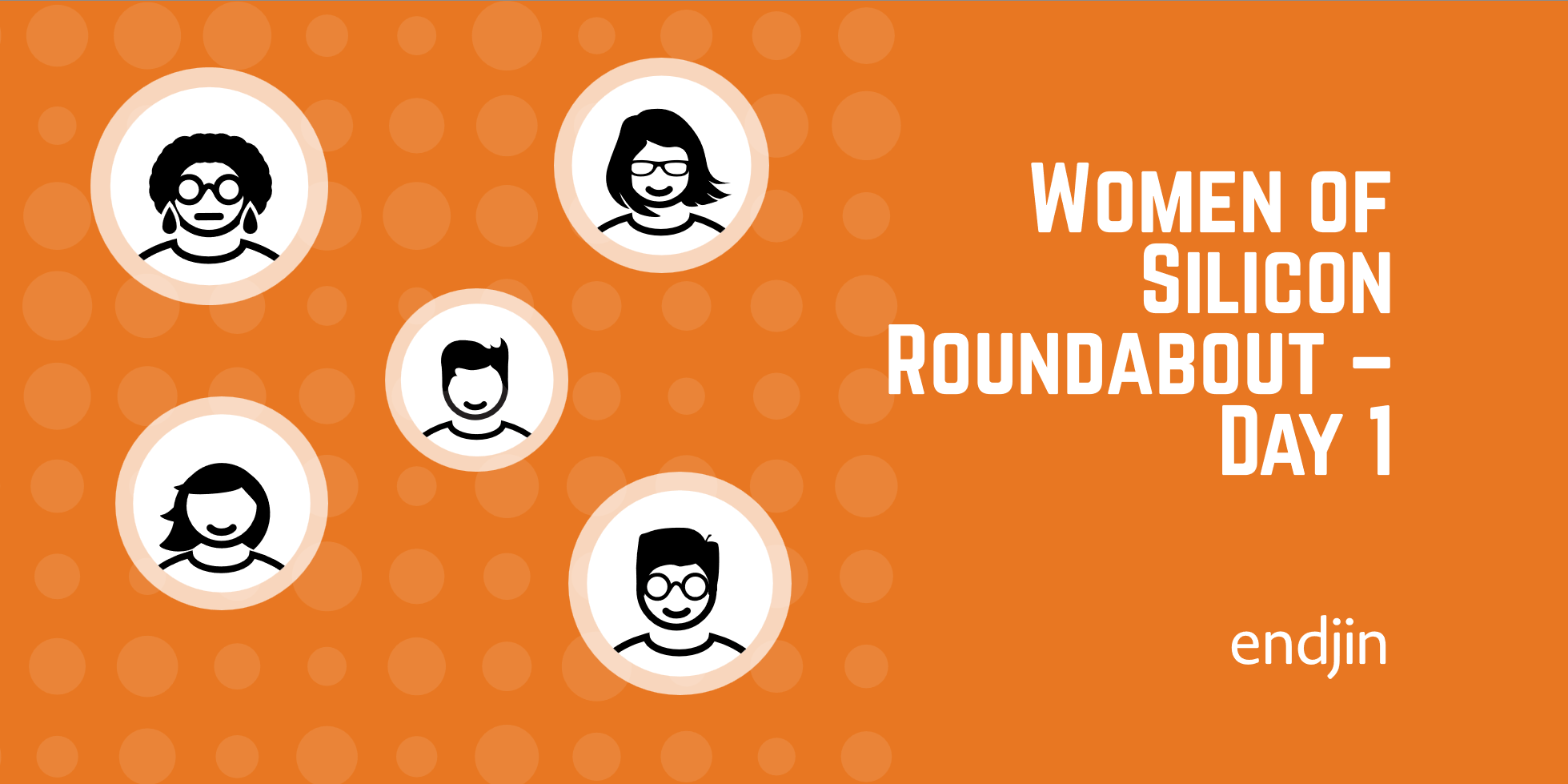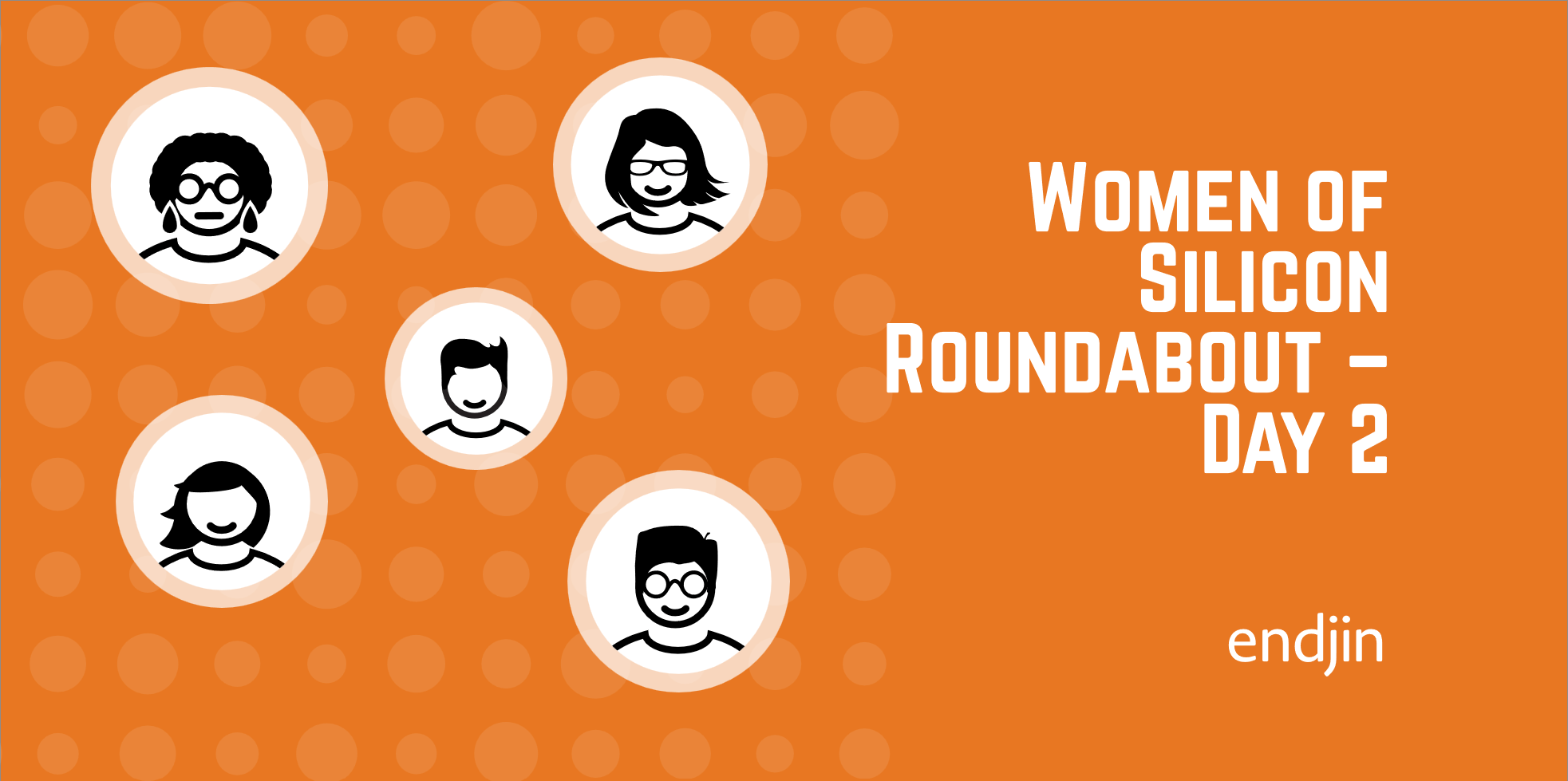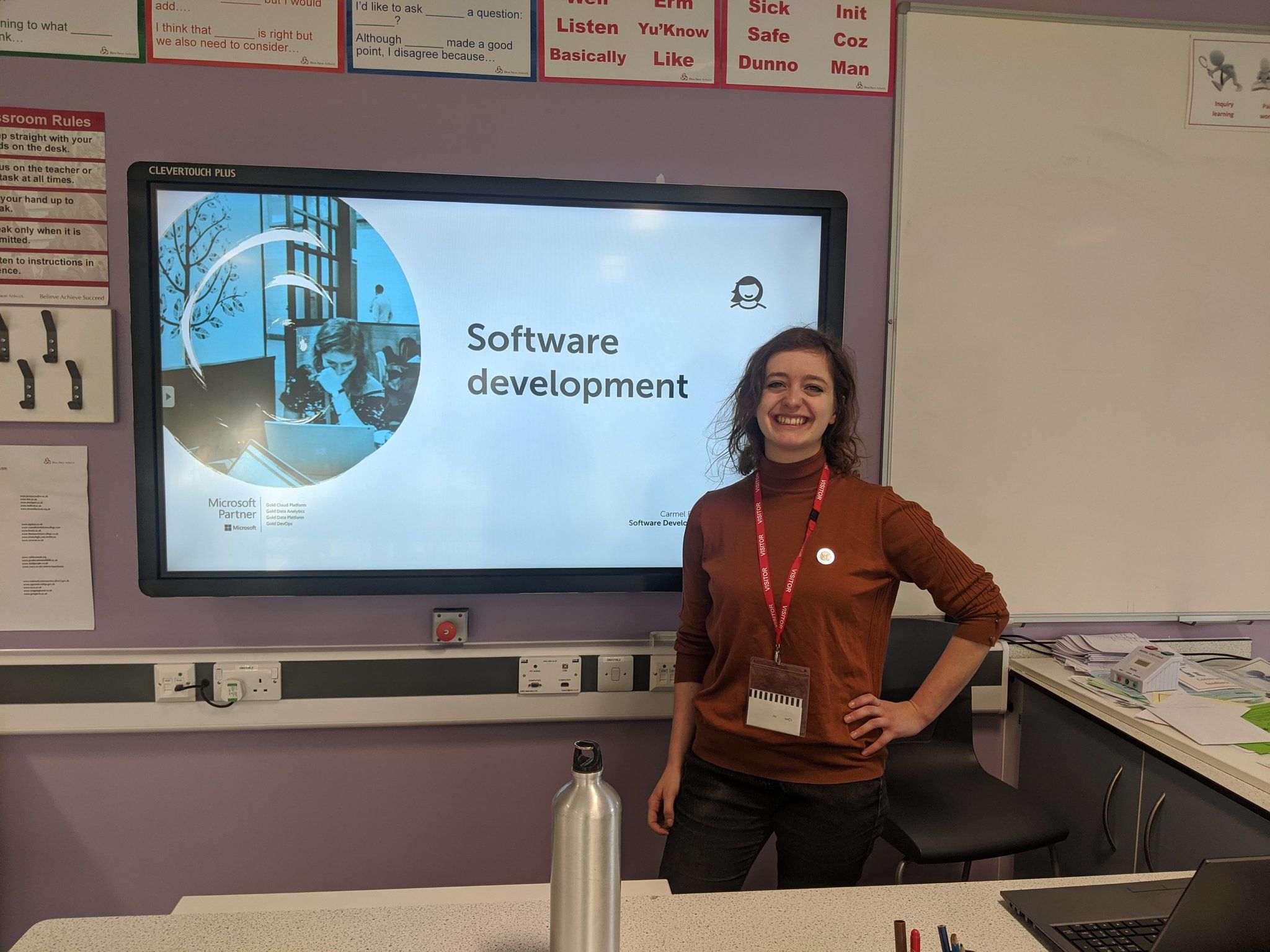Women in technology: Driving positive change in the industry
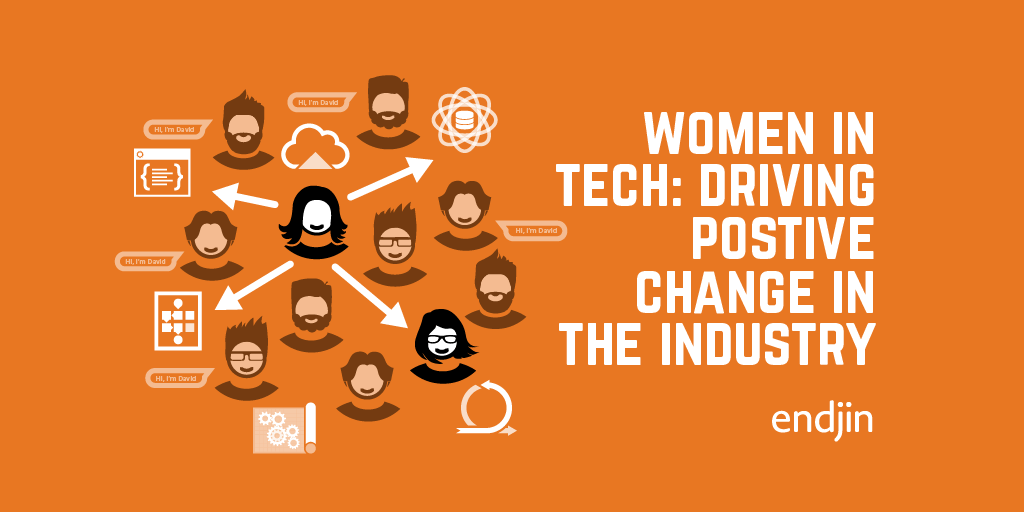
Last week I attended Microsoft Future Decoded in London. There were a huge range of speakers, and I thoroughly enjoyed being immersed in the world of tech. However, an issue that was at the forefront of my mind as I wandered around the expansive halls of the Excel centre was the ongoing conversation surrounding women in technology.
Looking around the conference, the disparity in the representation was staggering. The culmination of my thoughts on this throughout the conference was the brilliant talk I attended called "Role modelling change for women in technology". It consisted of a panel discussion with Julie Simpson, Tom Loeffert, Debbie Forster and Simon Gillespie.

It was a brilliant session, and not only highlighted a lot of the key issues in this area but was also a call to action for everyone, male and female, to drive change within the industry. I left the talk feeling truly inspired, I have since talked emphatically to anyone who will listen about how great the talk was, and even registered my services to volunteer in an outreach program in Manchester.
The main take away (or at least what I took from it) was this: anyone can be a role model. You don't have to be a veteran in the industry to inspire someone. There are constantly people coming through the pipeline behind you, and in that there is an opportunity to make a real difference.
I think this is especially important when talking about outreach in schools. There is obviously a huge imbalance in gender in a lot of tech companies, however this is very often due to the fact that there is very little representation among applicants. Now, there are obviously things that can be done to reach a wider range of people when advertising new roles, but the issue clearly goes deeper than companies' hiring policies. This is illustrated through statistics around female representation in STEM subjects as you progress through the education system.
After GCSE, only 35% of girls continue with a STEM subject compared to 80% of boys. Once we reach university, only 24% of STEM graduates (as of 2017) are female, and in computer science this number is even lower, at 15%. This asymmetry is then translated into the work place. A statistic that sticks in my mind from the talk at Future Decoded is that if you are in a leadership role in the FTSE top 100, you are more likely to be called David than be female. So, the importance of outreach and illustrating to women from a young age that they can succeed in this industry is critical.
So, adding my voice to the call for action, what can you do to drive this positive change? We all need to do our part in the fight for equality. I know that personally I could do more, and this is me, pledging to try and do just that!
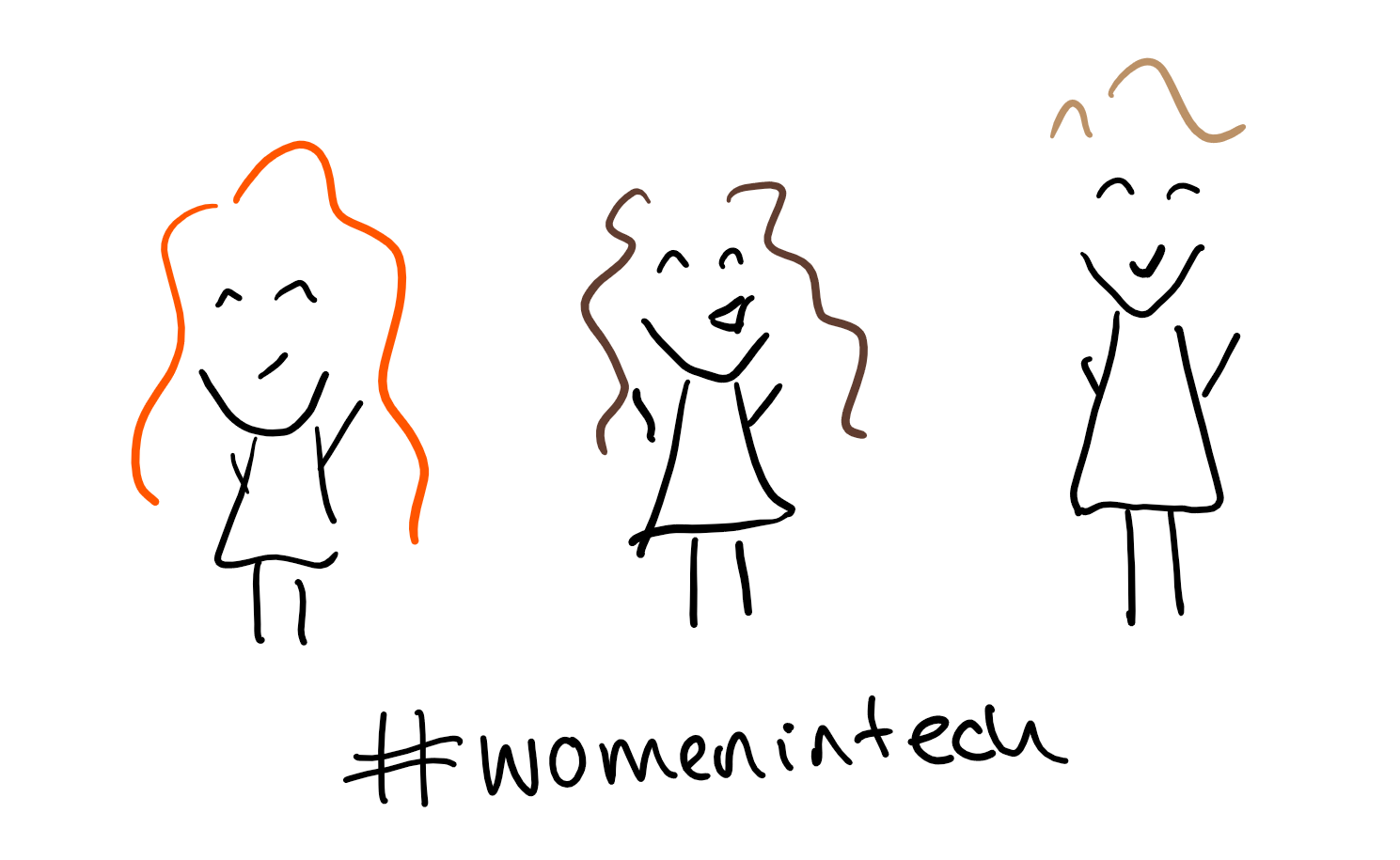
If you want to watch the talk for yourself, you can find it here, on the video from the first day of the conference at about 6:10.

